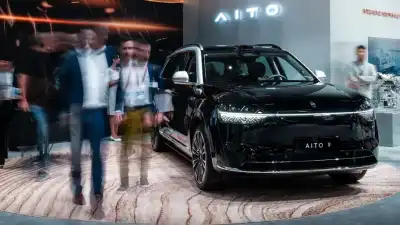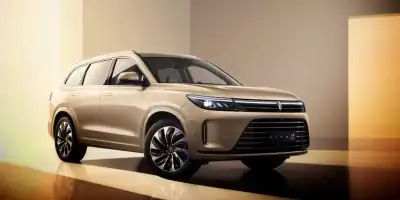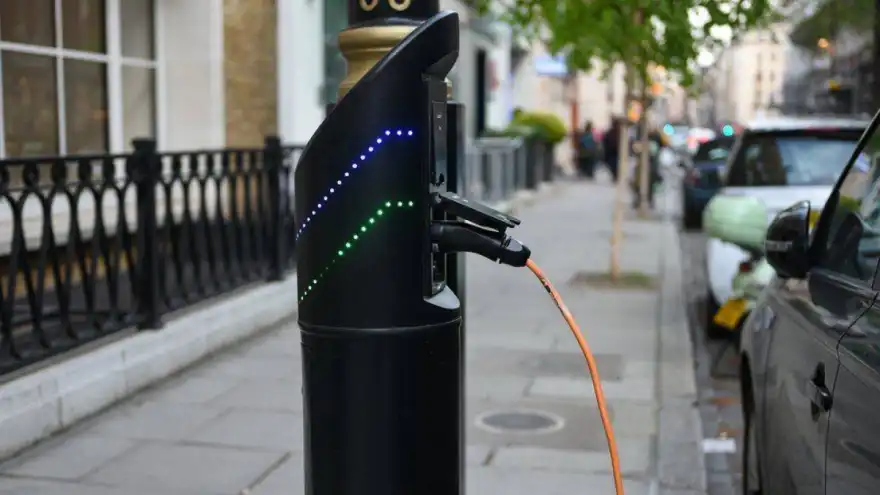
Proponents claim that a clean, zero emission, fully electric vehicle costs less to run than a similar model with a petrol or diesel engine. This statement is partly true but misleading in isolation. To get the full picture we have to consider what it costs to purchase, tax, recharge and maintain a fully electric car.
Purchase price
An electric car is more expensive to buy than its traditional equivalents. Consider the Vauxhall Corsa. The cheapest petrol version costs £17,330 and the diesel is £19,370. The electric model costs £30,305. However, the Government’s Plug-in Car Grant reduces this difference to encourage you to go electric. As the electric car costs less than £35,000, the grant covers 35% of its price up to £2,500. This reduces what you pay to £27,805. Clearly though, the electric version is still far more expensive than its siblings.
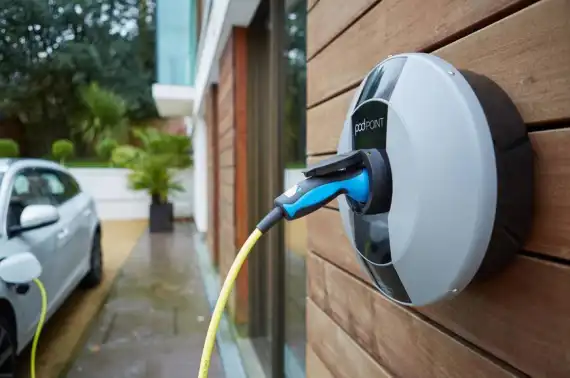
Road tax
Your car’s road tax rate is partly defined by its emissions. The higher the emissions the more you pay. An electric car does not emit any pollutants so it can be taxed for free throughout its life. In contrast, in 2021/22, the first year rate for a car that pollutes ranges from £10 to £2,245. For year two to five the rate is £155 to £490. From year six, you pay £145 or £155. Clearly, you can pay much less tax by choosing a zero emission electric vehicle.
Home charging
How much it costs to charge a car depends on many factors. They include the size of its battery, whether you charge at home or publicly, and more. Pod Point supplies electric chargers and released example figures. Consider the 2018 Nissan LEAF. At home, it costs £6.12 to charge its 40kWh battery if electricity costs 17 pence per kWh. That equates to 4.3 pence per mile. The vehicle’s ‘real world’ range per charge is then 168 miles, Pod Point claimed.
The Tesla Model S 100D has a larger battery so costs more to charge. At home, it is £16.15 to fill the 100 kWh battery at 17 pence per kWh. That is equivalent to 4.7 pence per mile. Pod Point suggested the car has a ‘real world’ range of 388 miles per charge.
Whatever the vehicle, you may be able to minimise the cost of charging at home by swapping to an electricity tariff for electric car drivers. It might significantly reduce the rate per kWh. Consider too that you can buy a fast charger for home rather than rely on a standard socket. Pod Point sells home chargers from £799.
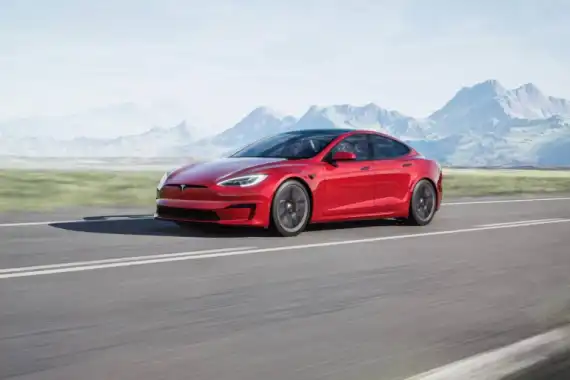
Public charging
As for fast public chargers, there is no definitive single cost. Some chargers let you connect for free. Others cost more than charging at home. There is a lot of variation. Pod Point said that it has rapid chargers in supermarket car parks, for instance. The price is 26 pence per kWh. That equates to £6 to £7 for 30 minutes.
Petrol and diesel
Consider traditional fuel prices in comparison. They have been very high for some time. On December 2nd 2021, petrol cost 147.1 pence per litre on average, Confused.com said. On this basis, it cost £88.26 to completely fill a vehicle that had a 60 litre tank. Diesel was even more expensive at 150.8 pence per litre. That equated to £90.48 for 60 litres. Clearly, it can be cheaper to recharge an electric vehicle than to fuel a traditional equivalent.
Maintenance and servicing
In some ways, it is cheaper to maintain an electric car than a petrol or diesel equivalent. A combustion engine is more mechanically complex than an electric motor, after all. The motor has fewer components to go wrong. A petrol engine also needs new spark plugs every few thousand miles. Your electric motor does not.
There is a flip side, though. An electric car’s battery loses capacity over time. This reduces its range per charge. It can be costly to repair or replace a battery. There are no such issues with a traditional car. Whatever its power source, your car needs regular maintenance to ensure its cooling system, brakes, tyres, steering, and countless other components continue to work properly.
Summary
On a daily basis, it can cost less to run an electric car than a traditional equivalent. Road tax is free. There is no need to purchase petrol or diesel. The vehicle can also enter city low emission zones for free. However, to make such savings you must first pay more to obtain the vehicle. It is swings and roundabouts.

